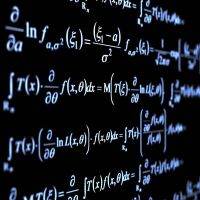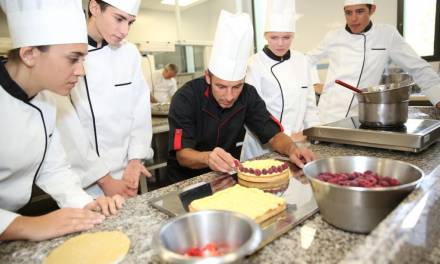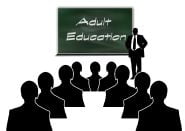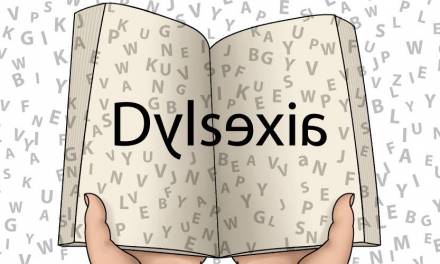I don’t think anybody would be surprised by the notion that maths is often considered unpopular. Indeed, one of the biggest barriers to engagement with maths seems to be the reputation it has in society.
In his book, Rethinking School Mathematics, Andrew Noyes identifies the social barriers pupils experience in regards to maths, and the fact that textbooks’ attempts to connect maths problems to real life situations often fail as “there is a real difference between what many teachers and textbooks perceive to be real-life mathematics and what people experience in their lives”.
Unfortunately, the result is a situation like that reported by The Telegraph in February:
“Teenagers face leaving school unequipped for everyday life as large numbers of pupils struggle to work out change or choose the cheapest products in shops, according to research.
A study suggested that many children are unable to master the basic numeracy needed to get by in adulthood because of a failure to teach them practical maths skills.
Researchers asked 2,000 pupils aged 12-to-14 a series of questions involving the application of mental arithmetic.
One question involved asking them to calculate the correct change from £100 if they had bought shopping totalling £64.23, but more than half – 52 per cent – gave the wrong answer. It emerged that more than a quarter were more than £1 out.”
This week, Liz Truss took part in a live chat for TES about maths and the new National Curriculum, in which she discussed some of the biggest changes that would be occurring as of September:
“One of the major changes is the focus on deep understanding and practice of core arithmetic at primary, and the earlier learning of times tables and work with fractions. Another major change is the increased size of GCSE to reflect the demand of the content at that level. We anticipate that schools will increase the time they spend teaching maths in secondary to better prepare students in line with the fact that the weighting is being doubled at 16 in the performance tables.”
It is clear that massive changes need to occur and above all we need to work to make maths more accessible.










For teaching Maths, one should have ample knowledge of the subject and he should use innovative ideas specially for mental math’s strategies